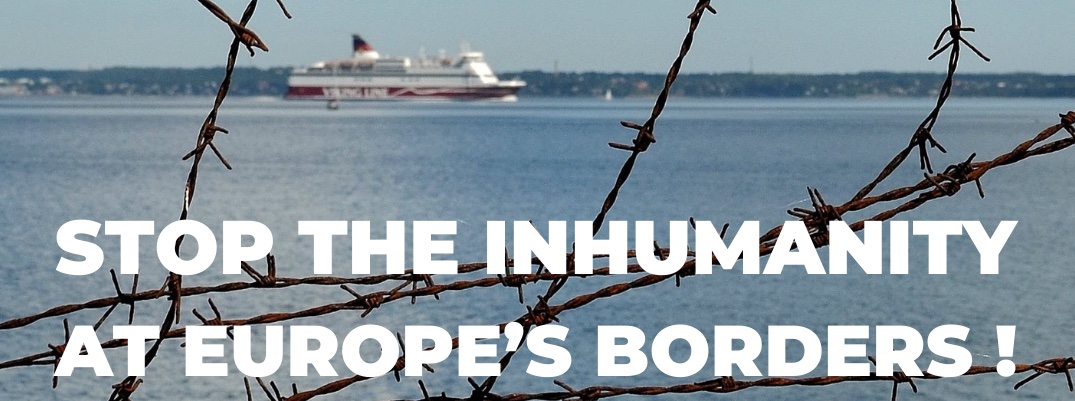Following last week’s general election in the UK, the prospects for displaced and stateless people hoping to find a new home in Europe are diminishing. One of the first things Boris Johnson’s new government has done is remove the legal obligation to reunite unaccompanied refugee children in Europe with their families in UK. This is a callous and cynical move, sends a terrible message and has distressed many refugee families hoping for their families to be reunited. His proposed ‘points based system’ for immigration to Britain pointedly ignores the current pressures on places like Greece, Cyprus, and Turkey and promises to tighten UK borders even more. This will only result in increased pressure on the places where the concentration of the migrant population is highest.
In Cyprus, where we currently work, 15,000 asylum seekers have been granted protection since 2016. A similar number are still pending. This makes Cyprus, with a resident population of about 850,000, the EU member with the highest number of asylum seekers per capita in 2019. According to a report by the Cyprus Refugee Council published by AIDA, 26%, of those seeking asylum in 2018 were from Syria, though other nationalities made up the majority, including India, Cameroon, Bangladesh, Pakistan, and Egypt. Many of these applications will be rejected.
Cyprus’ resources for processing and integrating the new arrivals are limited. It has received little cooperation from Turkey and EU nations. Its location on Europe’s eastern border, 50 miles from the Turkish coast, makes it a common point of arrival for those coming from Syria and the East. The disputed northern territory also makes it difficult for the Cypriot authorities to regulate its borders.
Despite these difficulties we have seen slow improvements. The government has invested in the expansion of the Kofinou reception centre. In January, the government extended the right to work for those with asylum status from only agricultural jobs to the service sector. However, the range of jobs is still very limited and the success of this new law in practice remains to be seen.
Resident attitudes toward migrants are negative but slowly improving. While the belief persists that the current influx of migrants wrongly poses a threat to the country’s economy and crime rates, an opinion poll conducted by the University of Cyprus in conjunction with UNHCR found an increase in the ‘meaningful contact’ between refugees, migrants, and the resident population across both Greek and Turkish communities.
However, these developments should not let us get complacent. Today, Cyprus’ ability to cope with the situation is at straining point and the number of registered asylum seekers continues to increase each year.
EU nations including the UK must commit to accommodate far more displaced and stateless people than they currently do. As Maya Goodfellow argued in her book Hostile Environment:
Hostile environment laws like the Immigration Acts 2014 and 2016 can and should be rolled back, fees and delays must be reduced and legal aid restored. More refugees should be accepted, and treated with dignity when they arrive.



